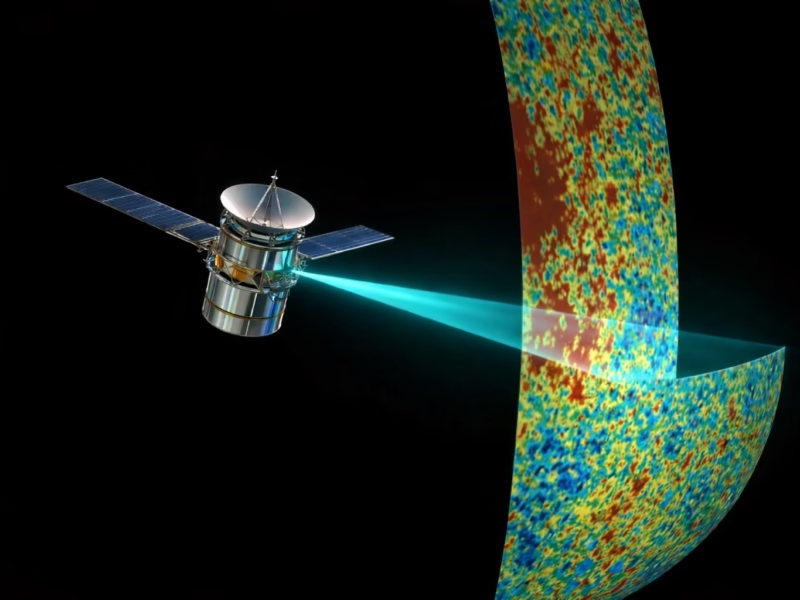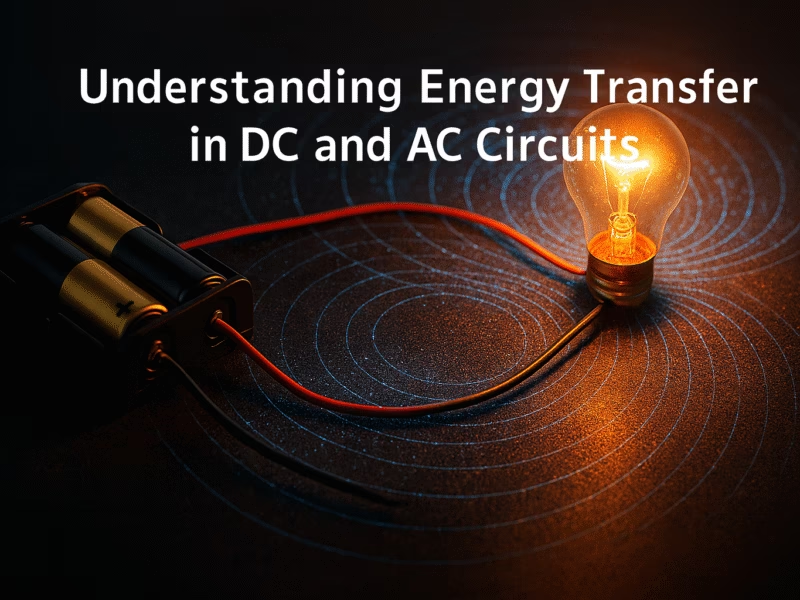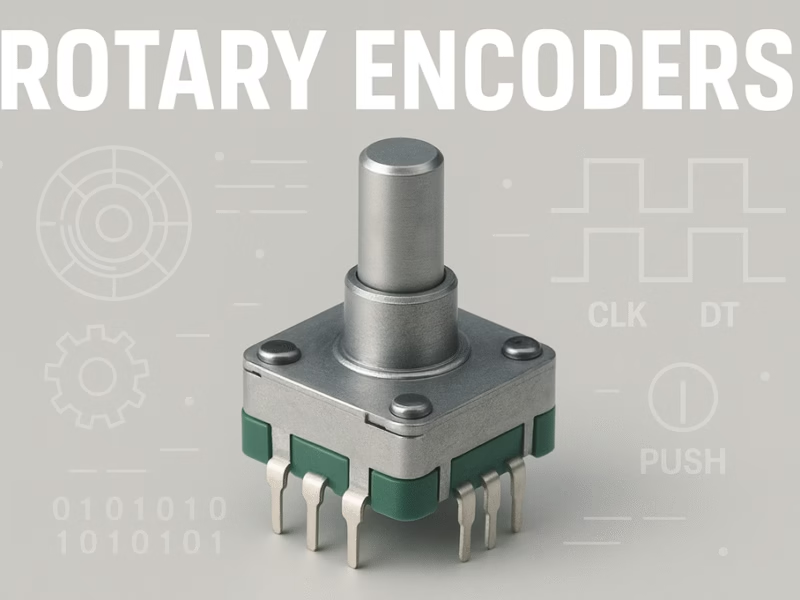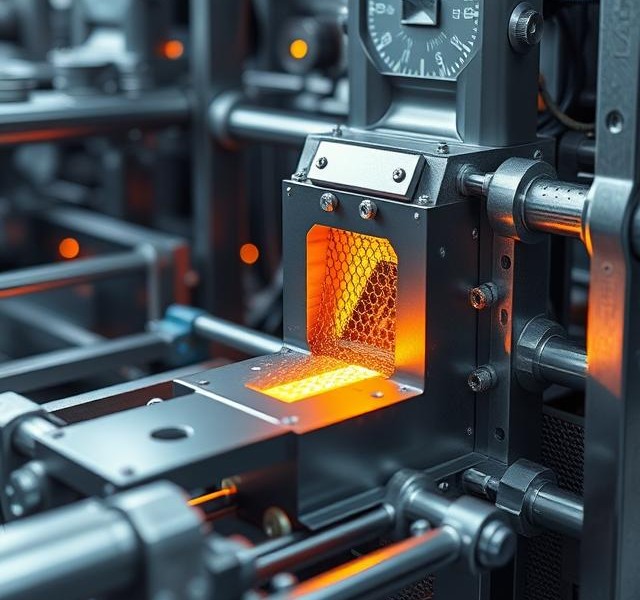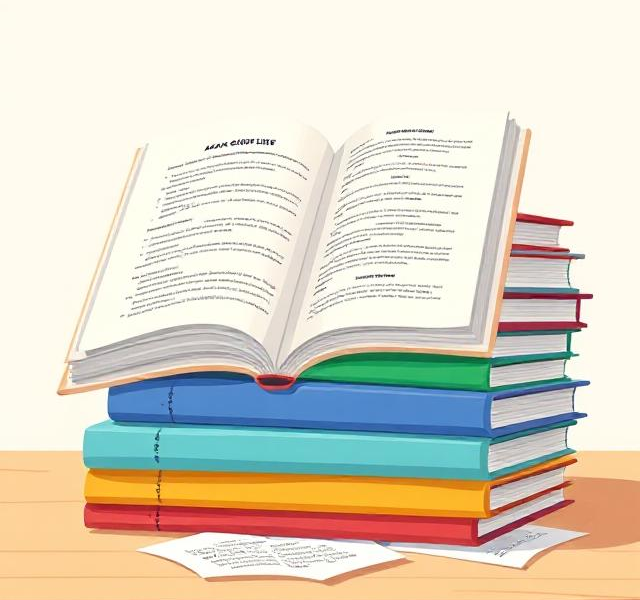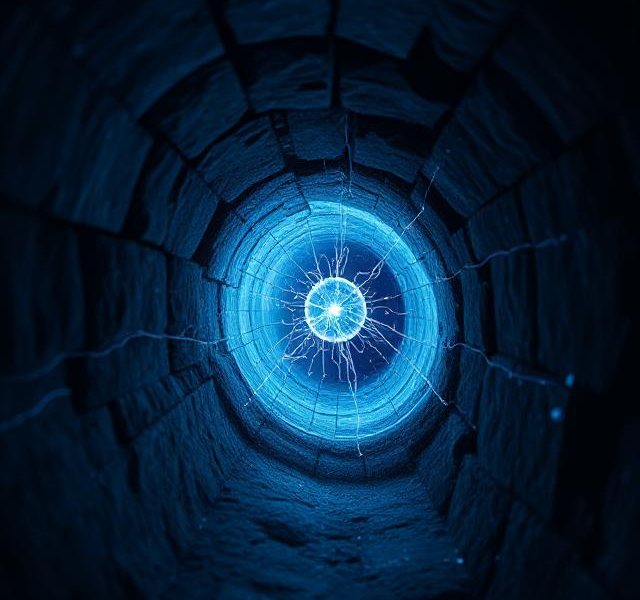The preface (and acknowledgements) is part of the series on how to write your dissertation. It is used to thank all the people who helped you in your project. Deciding whom to acknowledge and how to do that is important.
Before you write it, check with your university to see if there are any requirements or limitations to the word count (e.g. KU Leuven guidelines). In most cases there are very few requirements, as they know doing a thesis or dissertation takes a lot of effort and you want to thank everyone. Unlike the rest of the dissertation or thesis, this section is more informal and the use of first-person pronouns is permitted.
1. Know whom to thank
It is common practice to start acknowledging the most formal relationships, which are ranked the following:
- Chair, Committee, Supervisors
- Funders
- Colleagues, Collaborators
- Librarians, Laboratory technicians
- Editors, Proofreaders
- Classmates
- Study participants
- Family, Friends, God
Normally, you will only thank people who directly helped you, but if you feel like your high school teacher was a great source of inspiration, feel free to add him as well.
Professional acknowledgements
It is important to not forget anyone who helped you professionally, as it may come off very wrong. Normally you should add everyone who helped you from the moment you started to right before you turn it in. Be sure to mention any professional titles such as Dr. or Prof. For any large organizations or groups, you may well address them with their collective name, and lastly pay attention to privacy matters in the cases where anonymity is required.
Personal acknowledgements
For personal acknowledgements a little humor is alright, especially since the rest of the dissertation will be somewhat dry. Try not to overdo it, or put people in a bad light. You do not have to thank every family member, but if they inspired you, you can definitely thank them. Most people choose to thank their parents, spouse or even pets, but it can be anyone who offered emotional support, even God, for religious people.
2. How to write dissertation acknowledgements
There are no strict guidelines on how to write this section of the dissertation as it is the most informal and personal part of the document. However, there are certain categories of acknowledgement:
- Major: These acknowledgements are for people who have been indispensable to your project, and are often given to the chair, supervisors or funders
- Large: These acknowledgements are for those who helped you grow during this period, such as librarians, lab technicians, classmates or peers.
- Minor: The last category is for those who have given you moral support and who don’t fall in the upper two categories, such as family members, relatives who passed away, friends or even pets.

3. Example
Under contruction






